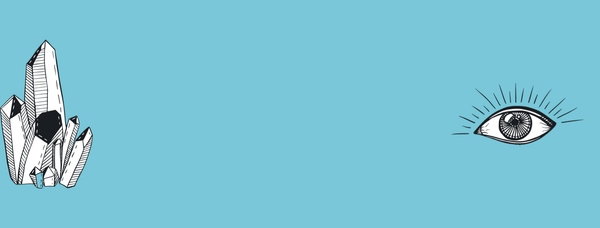Laughter: The Short-Cut to Greater Happiness

It is often said that the truly awakened laugh often. They laugh at the irony, the futility, and the misery of life, just as much as at the hilarity, silliness, and sheer humor of a good joke. This ability to laugh is the sign of an elevated consciousness, but it may also be the fastest way to create happiness in your life.
There are even references to the “great cosmic joke” in plays, and anecdotal stories that are as old as humankind. It takes a great amount of mirthful humility to realize that we are what we seek, after, all, and that all our external striving to get “it,” is a big waste of time and energy.
Zen Master Thich Nhat Hanh once wrote,
“I laugh when I think how I once sought paradise as a realm outside of the world of birth. It is right in the world of birth and death that the miraculous truth is revealed. But this is not the laughter of someone who suddenly acquires a great fortune; neither is it the laughter of one who has won a victory. It is, rather, the laughter of one who; after having painfully searched for something for a long time, finds it one morning in the pocket of his coat.”
Jesus also laughed. Though we are inundated in the West with pictures of Jesus sacrificing himself on the cross, of pages and pages in the Bible of him walking around with a heavy heart, and sober thoughts, there is no way that as an enlightened human being, he didn’t chuckle at the silliness of life.
No matter the culture or religion, laughter is part of the Hero’s Journey which Joseph Campbell has detailed so well. It is the “awakening of the “fool which saves us from our eyes-down, permanently serious, stoic relationship with an ever-changing Universe.
Like Shakespeare inferred, life is a stage, and we are merely its players. This means that life is equally tragic, and comic. Equally sincere, and ridiculous. Equally wild and tame. If we can’t learn to laugh at tragedy, then we’ve kind of missed the point.
And interestingly, it turns out that this is exactly why laughter was created from an evolutionary standpoint. We laugh to build stronger social connections, to build bridges across disagreements, and to find relieve from greatly stressful situations.
Laughter is contagious, too, for a reason. That small giggle that ends up spreading into loud guffaws for an entire group of people is a release of pent up misery – a calling to let it all go.
To wit, scientists recently did a study in Tanzania involving a group of students would burst into laughter for no particular reason, called omuneepo, to the dismay of their boarding school teachers.
The boarding school where the laughter began was marked by strict rules, windowless dorms, and devilishly uncomfortably chairs designed to promote correct posture. Investigators found similar conditions at other locations where the omuneepo later erupted: serious overcrowding, and poor food quality.
In this case, the spontaneous laughter was a savior of mental health for the students who began laughing. There were no fart jokes, no political commentary – just spontaneous joy in the face of rather horrible conditions.
A local psychologist, Kroeber Rugliyama, called the spontaneous laughter a “form of complaint,” stating that the students had no other way to air their displeasure with their circumstances, but laughter – even at the absurd – is also an evolutionary coping mechanism to lift our minds and hearts from the mundane – to bring happiness, in even the most challenging environments, and under the most pressing circumstances.
The more we can find the mundane, cramped compartments of our minds, and the smallness of our experience in a corrupt world ridiculous, the saner we stay, and the happier we become.
This primal social tool is not only part of our evolutionary history, it is also part of our spiritual literacy. The laughing Buddha wasn’t likely just laughing at the truly silly things in life, but the ironic, the unjust, and the disgusting.
Laughter may not change our circumstances, but it certainly allows us to weather those circumstances with a great sense of ease and levity. If you haven’t laughed today – you’re likely taking everything far too seriously. Reach into your pocket – as Hanh suggests, and find that you’ve been looking for something that was there all along.











